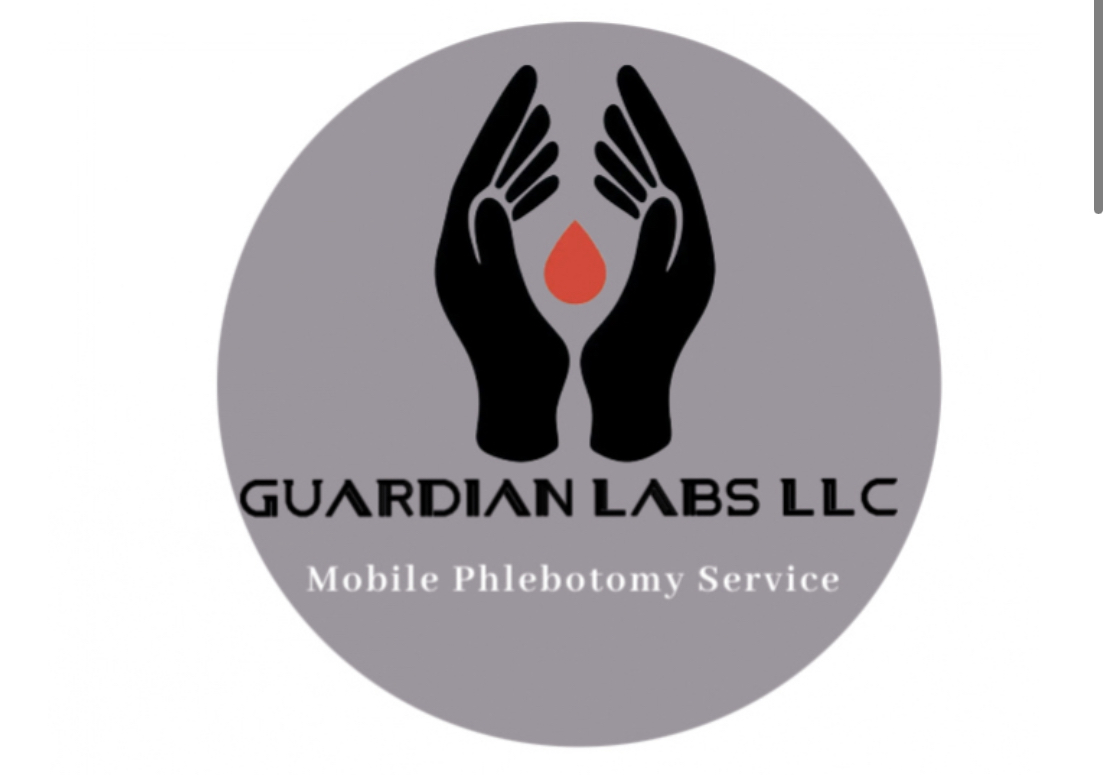The Unsung Heroes of Healthcare: The Importance of a Phlebotomist
- Landy Phillips
- Mar 17
- 2 min read
When people think of healthcare, doctors and nurses are usually the first professionals that come to mind. However, behind every accurate diagnosis and effective treatment plan, there is a vital yet often overlooked specialist—the phlebotomist. These skilled professionals play a crucial role in patient care by ensuring that blood samples are collected safely, efficiently, and correctly.
What is a Phlebotomist?
A phlebotomist is a trained healthcare professional responsible for drawing blood from patients for medical testing, transfusions, research, or blood donations. While the process may seem simple, it requires precision, skill, and a strong understanding of anatomy, patient care, and infection control.
Why Are Phlebotomists So Important?
1. Accurate Diagnoses Depend on Them
Blood tests help diagnose countless medical conditions, from infections and anemia to diabetes and cancer. Without properly collected blood samples, doctors would lack the critical data needed to assess a patient’s health and determine the best course of treatment.
2. Ensuring Patient Comfort and Safety
For many people, getting blood drawn can be an anxiety-inducing experience. A skilled phlebotomist knows how to calm nervous patients, minimize discomfort, and ensure a smooth process. They are also trained to prevent complications such as excessive bleeding, bruising, or infections.
3. Supporting Life-Saving Blood Donations
Phlebotomists play a crucial role in collecting blood for donations, which helps save lives in emergency rooms, surgeries, and for patients with conditions like sickle cell disease or leukemia. Their expertise ensures that donated blood is collected safely and efficiently, making transfusions possible for those in need.
4. Infection Control and Safety
Handling blood samples comes with risks, including exposure to bloodborne pathogens like HIV and hepatitis. Phlebotomists are trained in strict safety and sanitation protocols to protect themselves, their patients, and other healthcare workers from potential infections.
5. The Backbone of Laboratory Testing
Laboratories rely on high-quality blood samples to conduct tests accurately. A phlebotomist’s expertise ensures that samples are collected in the right tubes, stored properly, and transported under the right conditions to maintain their integrity. Without them, lab results could be compromised, leading to incorrect diagnoses or treatment delays.
A Career That Makes a Difference
Phlebotomy is more than just drawing blood; it is about being a compassionate healthcare professional who contributes directly to patient care and well-being. It is an excellent career path for individuals who enjoy working with people, want to make a difference in healthcare, and seek job stability with opportunities for growth.
Start Your Phlebotomy Career Today
If you’re interested in becoming a phlebotomist, consider enrolling in a reputable training program like Guardian Labs Phlebotomy School. Our hybrid course combines online learning with hands-on lab training to ensure you gain the skills and confidence needed to excel in the field.
Ready to take the first step?
Visit www.guardianlabsllc.com or contact us at phlebotomy101@yahoo.com / 513-254-9322 to learn more about our enrollment process!
Phlebotomists are the heart of healthcare diagnostics—become one and make a real impact today!
Landy Phillips


Comments